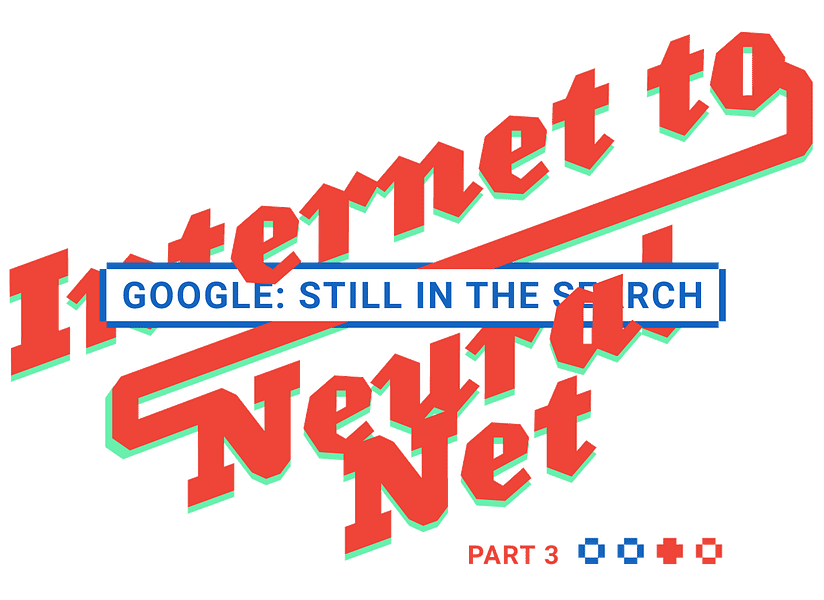
“I need to know a bit about your background,” says Geoffrey Hinton. “Did you get a science degree?”
Hinton, a sinewy, dry-witted Englishman by way of Canada, is standing at a white board in Mountain View, California, on the campus of Google, the company he joined in 2013 as a Distinguished Researcher. Hinton is perhaps the world’s premier expert on neural network systems, an artificial intelligence technique that he helped pioneer in the mid 1980s. (He once remarked he’s been thinking about neural nets since he was sixteen.) For much of the period since then, neural nets — which roughly simulate the way the human brain does its learning— have been described as a promising means for computers to master difficult things like vision and natural language. After years of waiting for this revolution to arrive, people began to wonder whether the promises would ever be kept.But about ten years ago, in Hinton’s lab at the University of Toronto, he and some other researchers made a breakthrough that suddenly made neural nets the hottest thing in AI. Not only Google but other companies such as Facebook, Microsoft and IBM began frantically pursuing the relatively minuscule number of computer scientists versed in the black art of organizing several layers of artificial neurons so that the entire system could be trained, or even train itself, to divine coherence from random inputs, much in a way that a newborn learns to organize the data pouring into his or her virgin senses. With this newly effective process, dubbed Deep Learning, some of the long-standing logjams of computation (like being able to see, hear, and be unbeatable at Breakout) would finally be untangled. The age of intelligent computers systems — long awaited and long feared — would suddenly be breathing down our necks. And Google search would work a whole lot better....MUCH MORE
Previously:
Deep Learning is VC Worthy
"Why Is Machine Learning (CS 229) The Most Popular Course At Stanford?"
Zuckerberg, Musk Invest in Machine Learning Artificial-Intelligence Company, Vicarious
Google's Plan To Make Your Brain Irrelevant (GOOG; EVIL;)
MIT's Technology Review: "10 technologies we think most likely to change the world"
"As Machines Get Smarter, Evidence They Learn Like Us"
Researcher Dreams Up Machines That Learn Without Humans
"Why Is Machine Learning (CS 229) The Most Popular Course At Stanford?"
Zuckerberg, Musk Invest in Machine Learning Artificial-Intelligence Company, Vicarious
Google's Plan To Make Your Brain Irrelevant (GOOG; EVIL;)
MIT's Technology Review: "10 technologies we think most likely to change the world"
"As Machines Get Smarter, Evidence They Learn Like Us"
Researcher Dreams Up Machines That Learn Without Humans
See also:
The First Conscious Machines will Probably Be on Wall Street
Or in porn....
'Deep Learning' as Applied to Investing
The First Conscious Machines will Probably Be on Wall Street
Or in porn....
'Deep Learning' as Applied to Investing